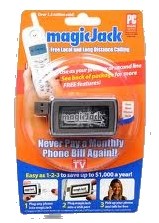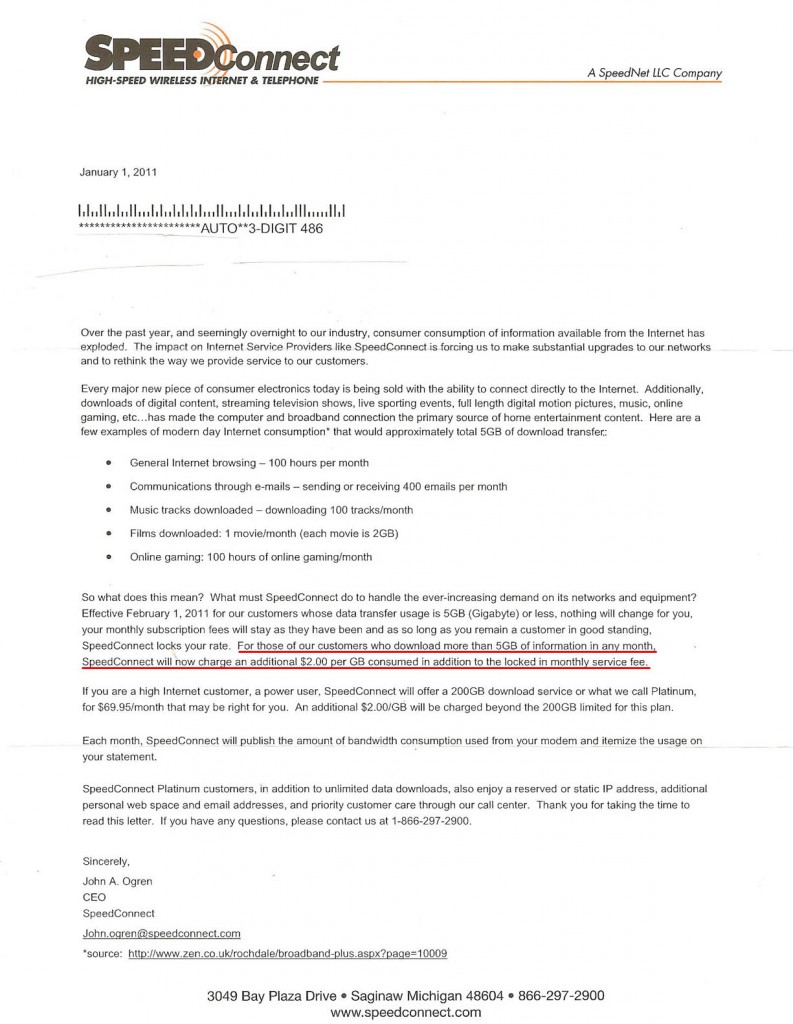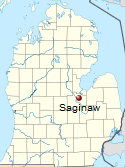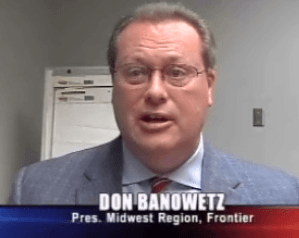Kent Carper says magicJack has been stiffing Kanawha County for 911 fees the Florida-based phone company has refused to collect from its customers in West Virginia.
Carper, who serves as president of the County Commission, is taking his case to the West Virginia Public Service Commission (PSC) with the hope they’ll order the West Palm Beach-based YMax Communications, which owns the service, to start paying up.
“There’s nothing ‘magic’ about magicJack,” Carper told the Charleston Gazette. “It erodes the ability of the 911 center to pay for the services it’s being mandated to provide. MagicJack is not paying a penny, and their position is they don’t have to.”
Kanawha County currently collects a surcharge of $3.34 a month from landline and “digital phone” customers, $3 a month from those with cell phones. If the county wins its dispute, the costs for 911 service will far outweigh the $19.95 a year magicJack charges for its own service.
Even Carper admits, “They’re practically giving away telephone service.”
It’s a high stakes battle for magicJack, because if it loses, other counties will surely follow with demands for 911 surcharges of their own. magicJack officials argue they cannot collect the fees Kanawha County wants because of the way the product is marketed — typically through annual subscriptions.
magicJack’s lawyers also argue the company is not selling a true “voice-over-IP” (VoIP) service, comparable to Vonage, cable’s “digital phone” products, or other similar services.
The Federal Communications Commission partly defines VoIP as a single service for making and receiving phone calls over the public telephone network. That’s a distinction that allows most Skype customers to avoid getting hit with fees and surcharges — Skype has a business firewall between their incoming and outgoing services. SkypeOut, which allows callers to connect with non-Skype customers, is a subscription service and does not support 911 calls. SkypeIn service requires most users to dial from their computer, not a traditional phone line, unless a customer optionally rents a phone number from Skype.
The inventor of magicJack, Dan Borislow, said in legal filings with the PSC that customers are only buying a license for the device and the accompanying software — making and receiving calls are handled by two different services that customers get for free as part of the annual license:
The magicJack is a portable device that can be used by a customer anywhere in the world by plugging the device into a computer USB port, provided the computer has a broadband connection.
Upon purchasing a magicJack device, a customer receives a one year license, with the option to renew for an additional year or years, of software commonly known as a “softphone”. The software allows the magicJack device to operate.
The softphone operating software license gives the customer the option to subscribe to magicIn, which is a service offered by YMax. MagicIn permits a customer to obtain a phone number and to receive phone calls via his or her magicJack device.
The softphone license also permits a customer to subscriber to a service offered by magicJack known as magicOut. Subscription to the magicOut service allows a customer to make outgoing calls to the United States, Canada, Puerto Rico and the Virgin Islands through his or her magicJack device.
A magicJack purchaser who subscribes to magicOut or magicIn is not charged for either subscription, and the purchaser is also not billed for incoming or outgoing calls made or received through the magicJack device.
Billy Jack Gregg, the PSC’s former consumer advocate who was hired as a consultant by the Kanawha County Commission, thinks that’s nonsense. Gregg suspects magicJack is trying to avoid being designated as a VoIP provider because of mandated fees and surcharges that could come along for the ride. Gregg testified few, if any magicJack customers are aware of “magicIn” or “magicOut,” and they don’t have the option of choosing one or the other anyway.
Gregg left Wal-Mart employees scratching their heads when he proved his point trying to only purchase the magicOut outgoing call service. They had no idea what he was talking about.
Presumably, neither does the PSC which has rejected repeated attempts from magicJack and YMax to dismiss the case using those arguments. Hearings are scheduled for March 1-2.
Carper says he has nothing personal against magicJack — he just wants the company to realize its refusal to collect and pay 911 fees affects the county emergency operations center’s ability to serve the public.
“Simply put, the failure of any provider to collect and remit fees impacts public safety and the ability of Metro 911 to serve the citizens of Kanawha County,” he said. “It erodes our ability to afford these emergency services.”
Some outside observers have zeroed in on a related matter — the very steep $3+ monthly 911 fees demanded by the county, West Virginia’s most populous and home to the state capital, Charleston.
Most 911 surcharges in the United States range between $0.35-0.50, with some larger cities across the country charging one dollar. Some state laws prohibit fees in excess of $2 per month.
In earlier filings, magicJack’s lawyers appeared amenable to negotiating smaller payments, but not the $3+ county officials are demanding.
[flv width=”576″ height=”344″]http://www.phillipdampier.com/video/Boston Globe MagicJack Review.flv[/flv]
The Boston Globe’s video review of magicJack was more charitable than the accompanying write-up, which called its marketing “gaudy,” “sleazy,” and “crude.” Author Hiawatha Bray also didn’t think that highly about the quality of the service he received, saying the product doesn’t inspire confidence and is not suitable as a home phone replacement. Still, for long distance calls, a second line, or for travelers, magicJack can save you money. (2 minutes)


 Subscribe
Subscribe














